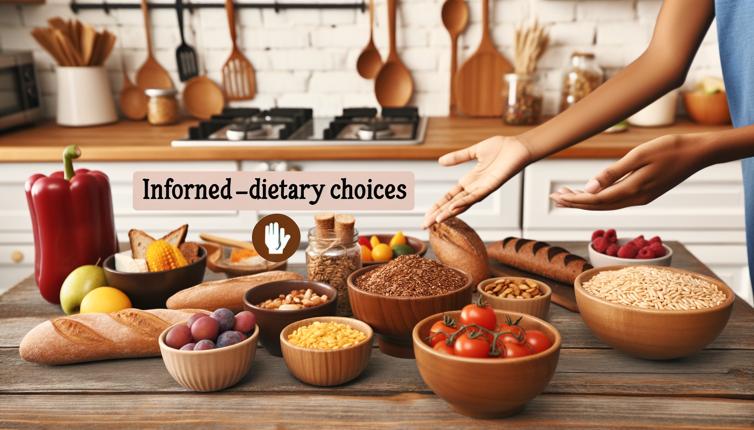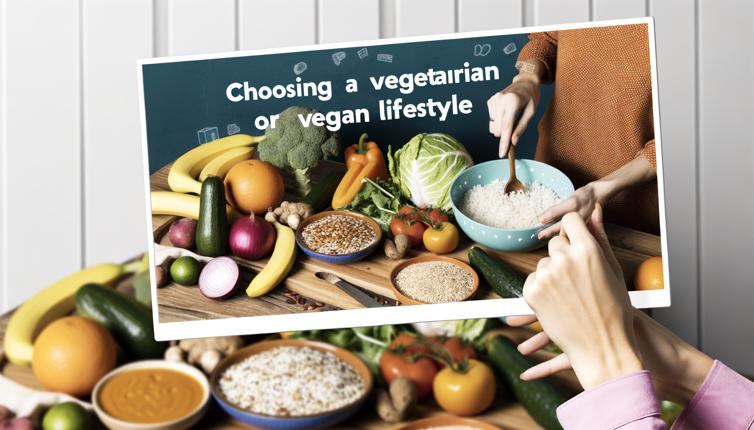What is Gluten?
Gluten is a mixture of proteins found in wheat and other grains like barley and rye. It gives dough its elasticity and provides structure to baked goods. Gluten is made up of two proteins: glutenin and gliadin.,For some people, gluten can cause adverse reactions. This is known as gluten intolerance or celiac disease. When people with celiac disease consume gluten, their immune system responds by damaging the small intestine.,However, it's important to note that gluten intolerance and celiac disease are relatively rare conditions, affecting only a small percentage of the population. Most people can consume gluten without any issues.
Pros and Cons of a Gluten-Free Diet
While a gluten-free diet is essential for those with celiac disease or gluten intolerance, there are debates about whether it is beneficial for everyone.,Pros of a gluten-free diet include: improved digestive health, increased energy levels, and potential weight loss.,However, there are also cons to consider: limited food options, potential nutrient deficiencies, and increased costs.,It's important to consult with a healthcare professional or registered dietitian before starting a gluten-free diet to ensure you are meeting all your nutritional needs.
How to Make Informed Choices
If you're considering a gluten-free diet or want to reduce your gluten intake, here are some tips for making informed choices:,1. Read food labels: Look for gluten-free certifications or labels on packaged foods.,2. Know alternative grains: Learn about gluten-free grains like quinoa, buckwheat, and rice to expand your options.,3. Cook at home: Prepare meals from scratch using gluten-free ingredients to have better control over your diet.,4. Educate yourself: Stay informed about the latest research on gluten and gluten-free diets.,Remember, making informed choices is crucial to maintaining a healthy and balanced diet.
Conclusion
In conclusion, choosing whether to go gluten-free or not should be based on your individual needs and health concerns. For those with celiac disease or gluten intolerance, a gluten-free diet is necessary for optimal health. However, for most individuals, gluten is safe and does not need to be avoided. It's important to consult with a healthcare professional or registered dietitian to determine what is best for you. By making informed choices and understanding the facts about gluten, you can maintain a healthy and balanced diet while still enjoying the foods you love.








